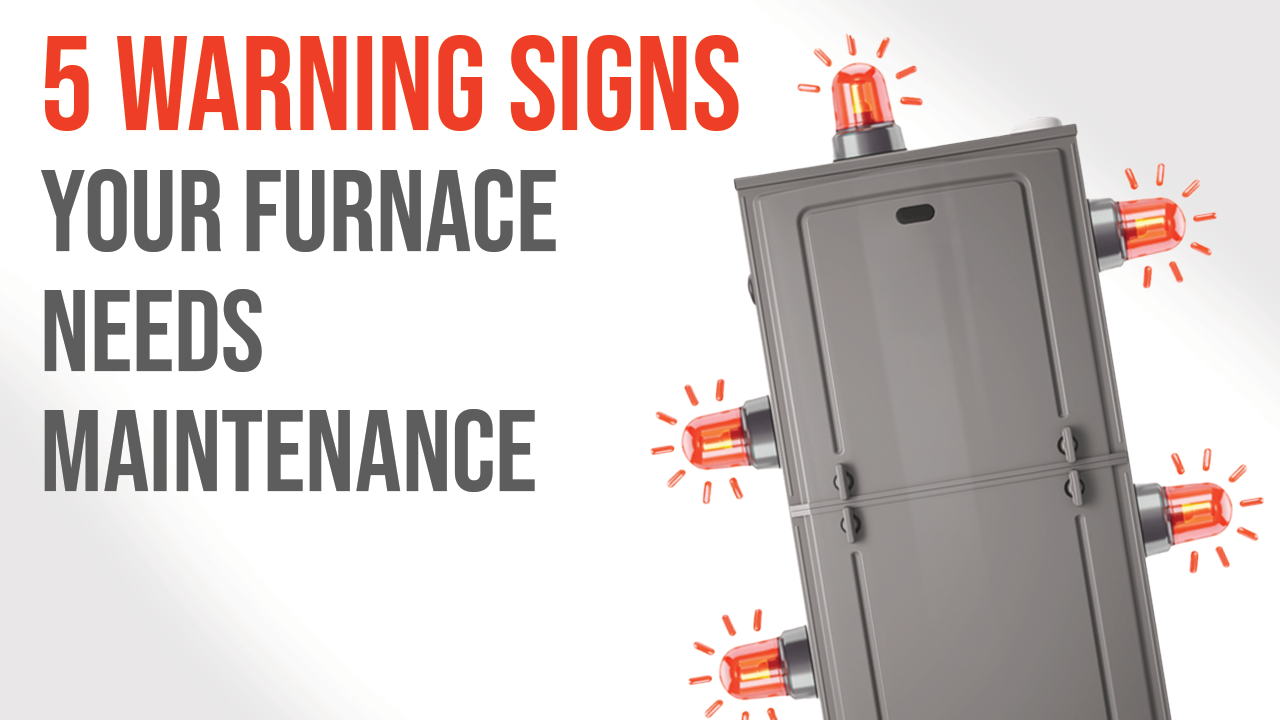
Your furnace is a crucial component, especially during the cold winter months. However, like all appliances, furnaces have a limited lifespan. When your furnace starts showing signs of wear and tear or isn’t functioning optimally, the question arises: should you repair or replace it? This comprehensive guide will help you make an informed decision by addressing common questions and considerations.
Is it worth fixing a 15-year-old furnace? One of the first questions homeowners face is whether it’s worth repairing a furnace that’s reached the 15-year mark. While furnaces can last longer with proper maintenance, they often become less efficient and more prone to breakdowns as they age. Repairing a 15-year-old furnace can provide a temporary solution, but it may be a better long-term investment to consider replacing it. Newer models are often more energy-efficient and reliable, saving you money in the long run.
What is the average life of a furnace? Furnaces typically have an average lifespan of 15 to 20 years. However, this can vary depending on factors such as the quality of the furnace, how well it’s been maintained, and the frequency of use. Regular maintenance can extend the life of your furnace, so it’s essential to schedule annual check-ups and address any issues promptly.
Should I replace my 10-year-old furnace? A 10-year-old furnace is still relatively young in terms of its expected lifespan. However, there are situations where replacing it may be more practical. If your furnace has required frequent repairs or is becoming inefficient, upgrading to a newer, more energy-efficient model could lead to long-term cost savings and improved comfort. Consider factors like energy efficiency, repair costs, and long-term heating needs when deciding.
Should I replace my furnace before it fails? Proactively replacing your furnace before it fails can be a wise decision, especially if it’s nearing the end of its expected lifespan. Doing so prevents the inconvenience and discomfort of a sudden breakdown during the cold season. Additionally, newer furnace models are often more energy-efficient, which can lower your heating bills and reduce your carbon footprint.
Conclusion: The decision to repair or replace your furnace depends on various factors, including age, condition, and repair history. While repairing older furnaces can be a short-term fix, investing in a newer, more efficient model can lead to long-term savings and improved comfort. Regular maintenance is vital to prolonging your furnace’s lifespan, but when the time comes, make sure to make an informed decision that suits your needs and budget.
Remember to consult a professional HVAC technician to assess your situation and provide expert advice tailored to your furnace’s condition.
The holiday season is here, and with it comes the excitement of twinkling lights, cozy nights, and festive decorations. However, amidst all the cheer, it’s important to... Read More

As the temperatures drop and winter approaches, ensuring your furnace is in top shape becomes a priority for homeowners. A well-functioning furnace keeps your home warm, your... Read More

The holiday season is a time of joy, celebration, and, of course, twinkling lights and festive decorations. However, amidst all the excitement, it’s easy to overlook the... Read More